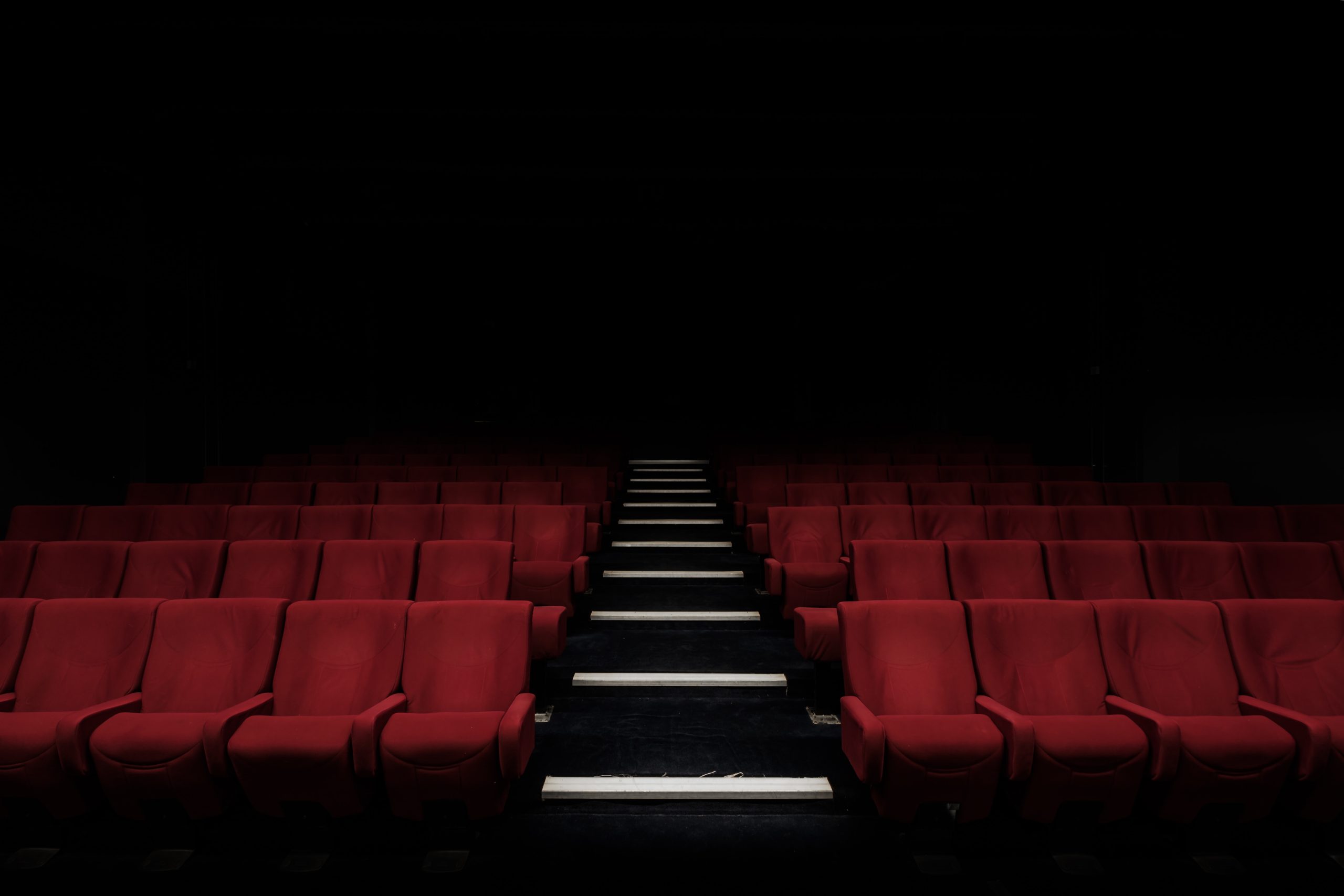Editors note: This is one of those moments when the flow of news seems like an assault on the senses. The Donald trump trial, the student protests, Gaza, the election campaigning — will our trust in the media survive these traumas? Can our pop culture assimilate them? Peter Bart, based on the West Coast, and Ted Johnson, Deadline’s political and media editor in Washington DC, lend their perspectives to these questions.
TED JOHNSON: The Trump trial augurs badly for the public paying attention to balanced, in-depth coverage. This is, after all, the first time that a former President has faced a criminal trial and I fear the takeaway will be — well, exhaustion.
With cameras barred, the TV networks are trying to achieve a sort of blanket coverage, with scrolls delivering legal analyses occasionally interrupted by Trump’s bursts of hallway rhetoric. Saturday’s White House Correspondents Dinner will be a forum for media intrigue plus a spill-over of paranoia about the social media.
PETER BART: You and I are a few years apart, but what’s unnerving to me is the sense of replay – we’re locked in the 1960s again but with even weirder political intrigues and a student rebellion that resists coherent analysis. Yet the differences are also important: Millions of conscripts are not fighting in Vietnam. The nation has fortunately been spared a wave of political assassinations.
In retrospect, did we really understand what was swirling around us in the ‘60s? Revelation of the Ellsberg Papers vividly underscored our ignorance about Vietnam, its causes and its impact. The chaos of the 1968 Democratic convention in Chicago defied analysis – and it may be about to be re-enacted.
Hollywood’s stab at political truth-telling about the ’68 convention slammed into a distribution blockade from its own studio. Corporate power players at Paramount effectively vetoed Medium Cool, arguing that the studio was wounding their party.
JOHNSON: Will the public today be able to access the truth amid the noise of political combat? The major news organizations still struggle in how to cover Trump. Fox News hosts have effectively re-endorsed fealty to the ex-President after a brief flirtation with Ron DeSantis, but it’s really social media and podcasts that dominate the MAGA show.
The nation’s polarization arguably has reached a breaking point. I look at a younger generation and worry what is happening to their attention span. But, personally, am I much better off? I scroll and scroll and scroll only to find that my tentative optimism has been shredded by media noise.
BART: The confusion of the moment is reflected in the ambiguity of the celebrity community in establishing a political toehold. The box office support of Gen-Zers for a knife-like narrative like Civil War illustrates the appetite for confrontation, but the passivity of streamerville still favors rom-coms and pseudo-reality programming.
One star explained that “too much is happening too fast, making it scary to take sides.” During Vietnam, John Wayne succeeded in getting his movies made, but antiwar activists like Robert Vaughn found the job windows closing.
Yet historians like Jon Meacham remind us that crises are the norm in maintaining a free society. In 17th century England, the stolid Brits were battered not only by colonial conflicts, by civil war between Royalists and Parliamentarians, but also by spiritual battles between Catholics and Protestants. Succeeding kings Charles I and Il were of different faiths (Charles II was Catholic).
JOHNSON: That’s a good point, and my sense it doesn’t take much for a celebrity to decide that venturing into the political arena, at this point, only leads to suspicion and distrust. Dwayne Johnson felt a strong backlash in coming out for Biden in 2020. Conspiracy theories were on a rampage when Taylor Swift attended the Super Bowl, with right-wing media warning about the cost of her potential Biden endorsement. It hasn’t happened yet.








